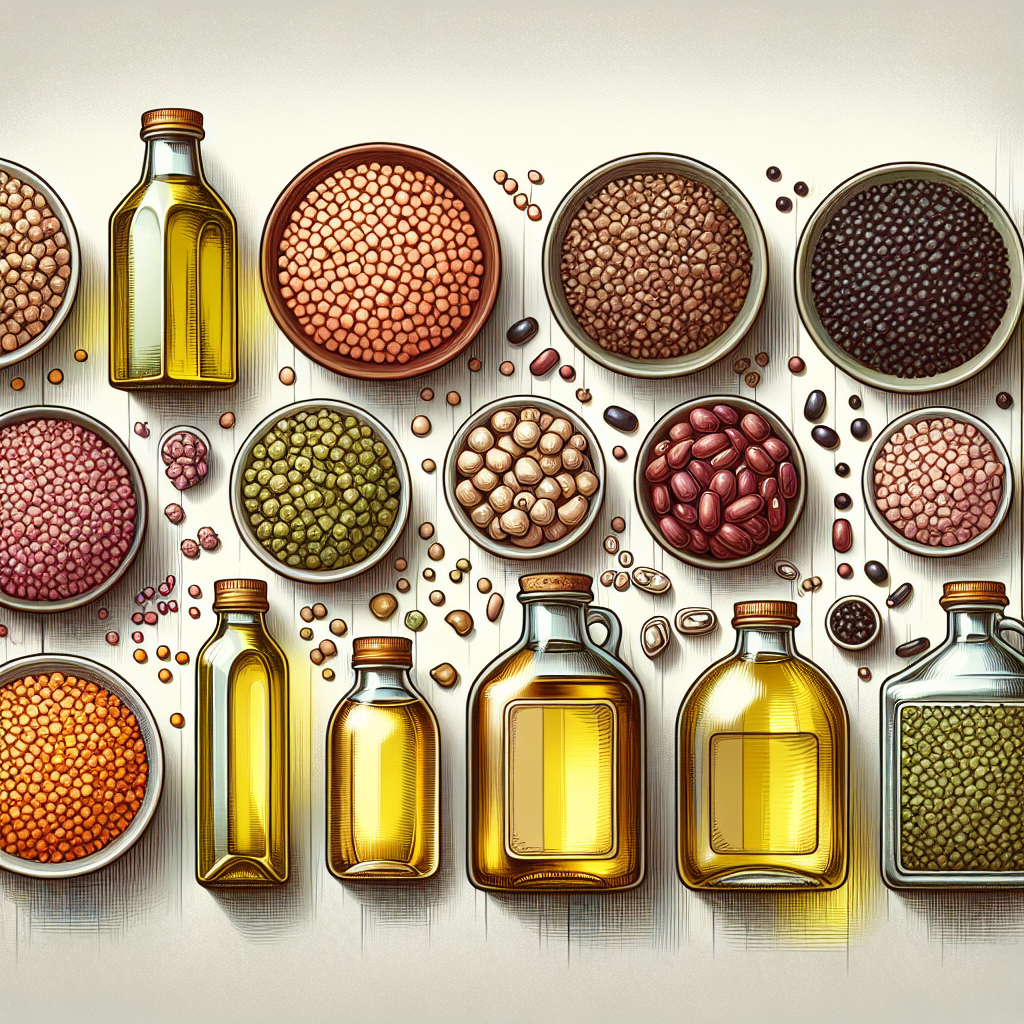India's Push Toward Self-Sufficiency in Pulses and Edible Oils
India reported a significant rise in the domestic production of pulses and edible oils over the last decade, addressing concerns over import dependence. The agriculture ministry emphasized efforts for self-reliance, citing initiatives for increased production and addressing health and economic challenges associated with high import levels.

- Country:
- India
The Indian government has reported a commendable increase in the domestic production of pulses and edible oils over the past ten years. This progress was shared with a parliamentary committee amid expressed concerns regarding India's reliance on imports to fulfill its substantial demand.
A recent presentation delivered to the Standing Committee on Agriculture emphasized that despite India importing 15.66 million metric tonnes of edible oils for 2023-24, significant strides are being made to achieve self-reliance. Oilseeds production has impressively surged by 55% from 2014-15 to 2024-25, based on the latest estimates. However, challenges remain, particularly with palm oil imports, which continue to meet the majority of domestic demand.
Compounding the economic implications, the extensive dependence on edible oil imports is costing the nation over Rs 80,000 crore annually. In a move towards strengthening national production capacity, significant focus is being placed on incentivizing farmers to diversify from traditional crops like paddy and wheat to pulses and other oilseed crops. The government is also promoting a nationwide campaign highlighting the health benefits of optimal edible oil consumption.
(With inputs from agencies.)
- READ MORE ON:
- India
- agriculture
- pulses
- edible oils
- imports
- self-sufficiency
- farmers
- oilseeds
- health
- economy










